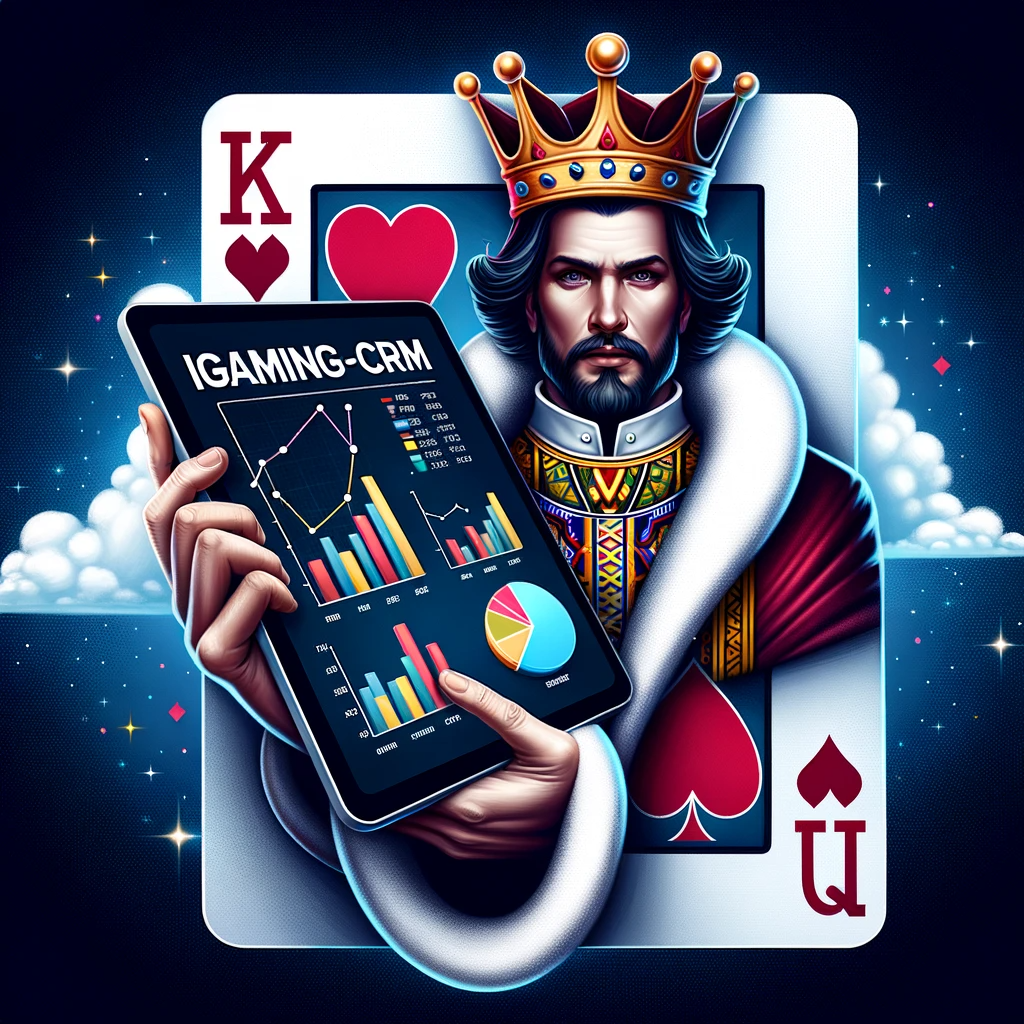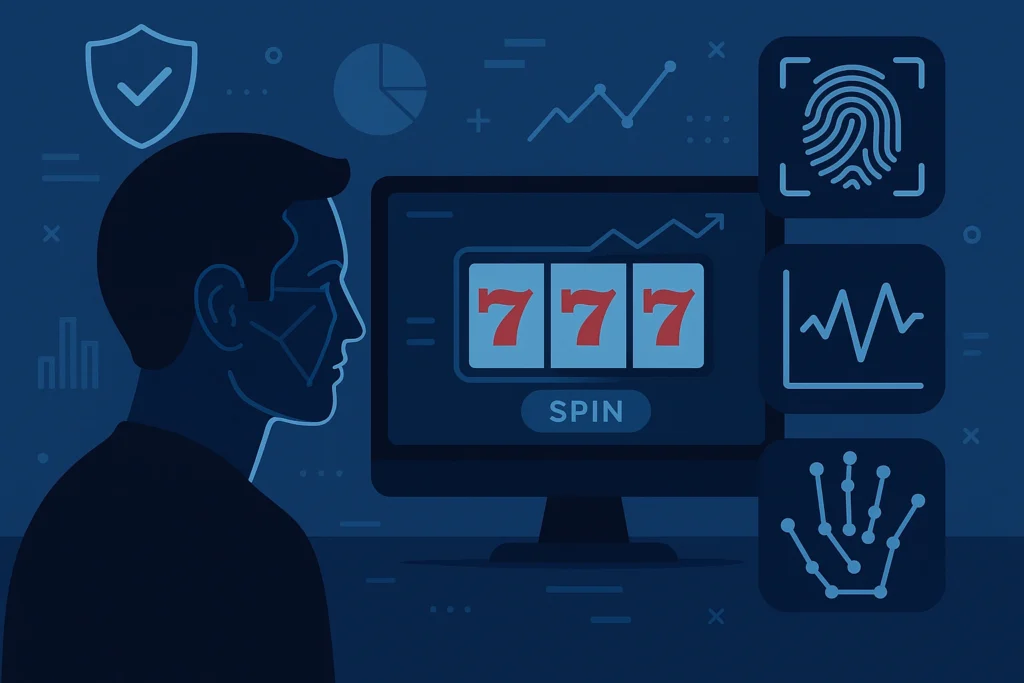The Science Behind Player Churn and How to Minimize It in Online Casinos
It’s a simple truth in iGaming that player loyalty isn’t given, it’s earned. And even the most popular online casinos wrestle with one constant, frustrating problem of player churn. Simply put, player churn is when a player stops depositing, stops engaging, and simply doesn’t come back.
To casino operators, a player who leaves represents far more than just missed income. It’s a loss of valuable engagement, critical behavioral data, and momentum for the brand. But operators don’t have to fly blind anymore. We can now stop guessing why players leave. With modern tools like CRM analytics, behavioral science, and advanced churn prediction models, we can track the faint signals that indicate a player is thinking of walking away and make an offer before they do.
In this article, let’s explore the science of player churn, the data models that power prediction, and how online casino CRM systems can minimize attrition through smart, data-driven strategies.
What Is Player Churn and Why Does It Matter?
Player churn is the rate at which active users stop engaging with an online casino. It’s a crucial KPI in iGaming because retention drives profitability.
Industry data suggests that retaining just 5% more players can boost profits by 25–95%. Yet, in the hyper-competitive world of iGaming, where new platforms emerge daily, average churn rates remain high.
Common reasons for churn include:
Loss of engagement: Players get bored or don’t find new challenges.
Poor personalization: Generic offers fail to connect emotionally.
Frustration: Slow payouts, technical issues, or unappealing UX.
Competing incentives: Better promotions from rival casinos.
Emotional fatigue: Players lose excitement or sense of novelty.
To address these, operators need more than guesswork—they need data-driven foresight.
The Science of Churn: Understanding Player Behavior
Reducing churn starts with understanding player psychology and behavioral analytics.
At its core, churn is a behavioral shift which is a gradual detachment from engagement. This shift can be measured using scientific models derived from psychology and data science.
1. Behavioral Triggers
Players rarely quit overnight. Their engagement decreases gradually. Behavioral analytics identifies these changes early by tracking:
- Declining session lengths
- Reduced bet sizes
- Less frequent logins
- Fewer interactions with promotions or loyalty programs
These signals create an individual churn risk profile, unique to every player.
2. Cognitive Fatigue
Studies in gaming psychology show that players experience decision fatigue and reward desensitization. When repetitive gameplay no longer stimulates dopamine release, excitement fades. Smart CRM systems identify these patterns through play data and trigger interventions like surprise bonuses or personalized challenges.
3. Emotional Drivers
Beyond gameplay mechanics, emotional connection determines retention. Players who feel recognized through personalized offers, messages, or achievements—develop loyalty. This is where CRM personalization becomes vital.
Also See: Exploring iGaming CRM: Key Benefits and Features
How CRM Analytics Powers iGaming Player Churn Prediction

Modern online casino CRM platforms use data science to predict churn before it happens.
The process combines machine learning, behavioral segmentation, and churn prediction models to assign a “risk score” to each player.
Here’s how it works:
Data Collection: Every player interaction is logged—bets, deposits, playtime, device used, and game preferences.
Behavioral Mapping: CRM systems use this data to build behavioral clusters (e.g., “frequent depositors,” “seasonal players,” or “bonus-driven users”).
Predictive Modeling: Machine learning models identify statistical patterns leading to churn, such as a 40% drop in weekly activity or sudden changes in spending habits.
Real-Time Alerts: The system flags at-risk players, prompting targeted retention campaigns.
CRM-Driven Churn Management Strategies
Once a player’s risk score is identified, the next step is designing an effective churn management plan.
Here’s how CRM technology helps:
1. Personalized Re-Engagement Campaigns
AI-driven CRMs create customized messages based on individual preferences. For instance:
- A player who often plays slots may receive free spins on their favorite game.
- A high-roller might get exclusive access to a VIP tournament.
Personalization strengthens emotional ties and reduces disengagement.
2. Dynamic Rewards Based on Activity
CRM analytics can trigger automated loyalty offers when engagement drops. By rewarding players contextually right when they start drifting, casinos can rekindle interest naturally.
3. Multi-Channel Retention
Players engage across devices like desktop, mobile, and apps. iGaming CRM systems synchronize communication across all touchpoints, ensuring consistent experiences and timely interventions.
4. Churn Prevention Through Gamification
Integrating gamified elements like streak rewards, level-ups, or achievement badges can reduce fatigue. Behavioral psychology shows that progress loops where users feel they’re achieving something which prolong engagement.
Predictive Models That Work
The backbone of churn prevention lies in churn prediction models built on data science and psychology.
Logistic Regression Models
These models estimate the probability of churn based on historical behavior. They’re ideal for spotting early warning signs like decreased deposits or reduced gameplay hours.
Machine Learning Classifiers
Algorithms such as random forests or gradient boosting trees analyze thousands of variables at once which is far beyond human capacity to predict churn with remarkable accuracy.
Survival Analysis Models
Borrowed from medical research, survival analysis helps determine how long players remain active before churning. It provides time-based retention predictions, essential for designing timely reactivation campaigns.
Sentiment Analysis Integration
By analyzing player feedback and chat data, CRMs can measure sentiment trends. Negative sentiment spikes often precede disengagement, allowing early corrective action.
These models form the scientific backbone of retention, turning raw data into actionable foresight.
Behavioral Analytics in Action: Real-World Use
Let’s visualize how a casino might use CRM analytics in practice:
- A player who typically deposits weekly skips two cycles.
- CRM analytics detect a 60% drop in activity and assign a high churn probability.
- The system automatically sends a personalized offer: “Come back this weekend and get 50 free spins on your favorite slot!”
- The player re-engages, and their activity returns to normal levels.
This closed feedback loop to detect, predict, and react illustrates how behavioral analytics can convert churn risk into retention success.
Key Metrics for Measuring Churn and Retention

Tracking churn isn’t just about identifying lost players, it’s about understanding why.
Important metrics include:
Churn Rate (%): Number of lost players vs. total active players.
Retention Rate: Opposite of churn, showing how many remain engaged.
Lifetime Value (LTV): Total projected value a player contributes before churning.
Average Revenue Per User (ARPU): Indicates financial engagement quality.
Reactivation Rate: Percentage of previously churned users who return.
Analyzing these KPIs helps casinos refine their CRM strategies and identify what truly drives player loyalty.
FAQ: iGaming Player Churn
What is player churn in online casinos?
Player churn refers to users who stop playing, depositing, or engaging with an online casino over time.
How can CRM analytics help reduce churn?
CRM systems use data to predict when players might leave, enabling targeted campaigns to retain them through personalized offers or experiences.
What data is most valuable for churn prediction?
Engagement frequency, deposit behavior, game preferences, and response to promotions are key indicators.
Can AI fully automate churn management?
AI automates prediction and response, but human strategy and emotional understanding still enhance success.
Conclusion
We need to start seeing player churn not just as a failure, but as a crucial message. Understanding the science behind this departure gives us the chance to intervene and save a valuable relationship. The key to building lasting loyalty is to connect our systems.
When we merge our CRM analytics, the truths of behavioral psychology, and our churn prediction models, we turn raw data into a powerful retention strategy. The winning formula for player engagement going forward involves genuine personalization, knowing what a player needs before they ask, and delivering with empathy all powered by smart technology.
Ultimately, in this competitive iGaming environment, the true leaders won’t be the ones with the largest starting rosters, but the ones who master the art of keeping their loyal players happy for the long run.






